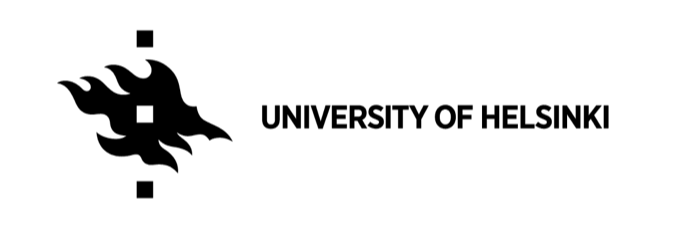Finland boasts a myriad of number-one spots on world rankings. Happiest country. Most progressive. Safest.
The latest addition to that list is the University of Helsinki, for showing some of the most collaborative campus effort in the region towards solving the novel coronavirus COVID-19.
Professors, students and even trained scent-detection dogs at Finland’s oldest and largest university are stepping up to find innovative solutions to the many questions the pandemic raises.
Researchers and research groups are collaborating with Helsinki University Hospital (HUS) and The Finnish Institute for Health and Welfare (THL).
Students are tackling research with real-world impact via the Materials Research or the Life Science Informatics Master’s programmes.
Administrators are trying to secure more funding from the EU and other sources to channel more effort and manpower towards developing serological tests and antivirals for COVID-19.
The secret to the university’s success on this front can be found in its four core values it has set for 2021-2030: truth, Bildung, freedom and inclusivity.

Source: Shutterstock
Rector Jari Niemelä said, “One of our values is Bildung. We are building wellbeing and a future for Finland and the entire world with educational capital as our resource.
“Educational capital for society cannot be generated by going for it alone, which is why inclusivity is also one of our four values. Inclusivity thrives when each student, teacher, researcher and specialist has the opportunity to consider themselves a meaningful part of the university community.”
Research that makes a real-world difference
In response to the current COVID-19 crisis, the University of Helsinki is aiming to achieve two important goals.
The first is to solve the immediate problem. The second is to keep it from happening again.
In pre-virus days, the Department of Virology conducts both basic and applied research, focusing on the molecular biology and immunology of several different viral and chlamydial infections, as well as the pathogenesis of diseases caused by them. It develops new diagnostic methods for identifying viral diseases and investigates the epidemiology of viral diseases at both the population and molecular levels.
These days, the Department is also helping to isolate infected people and to prevent the virus from spreading.
Department staff such as Professor Olli Vapalahti, Associate Professor Tarja Sironen and University Researcher Eili Huhtamo supervise serological tests which detect people who already have protective antibodies against the coronavirus.
These tests will help to map the spread of the pandemic and record the number of patients who have already recovered from the virus in Finland.
Once this project is complete, the data will serve as a reliable indicator of immunity and identify people who can go back to work.
For the University’s second objective, Professor of Virology Kalle Saksela and his team of three Finnish professors are racing to find a vaccine.
They are currently working together to finalise the development of a coronavirus vaccine nasal spray.
“Finland should be actively engaged in launching a vaccine. We should not just wait on development by the international pharmaceutical companies,” says Saksela.
Saksela and his team do fear any effective vaccine being snapped up by the world’s biggest countries once it becomes commercially available. They’re choosing to focus on the positives, however — ie. the project is already at an advanced stage and testing could begin in June.
Programmes that inspire global change makers
Students also have the chance to stand at the forefront of impactful research through the University’s practical and informative Master’s programmes.
For example, the Materials Research Master’s programme enables students to solve grand societal problems and to find new discoveries in the fields of energy, food, water, safety, health, and more.
Today, this includes conducting research in matters that deal with the coronavirus situation.
At the Faculty of Science, the Department of Physics is conducting materials research related to the coronavirus, such as the characterisation of filter media produced by an Italian children’s hospital using 3D printing, and structural studies using X-ray microtomography.
“The research responds to an acute need and is of direct benefit to those in crisis areas,” says Vice Rector Tom Böhling.
Whereas the Master’s Programme in Life Science Informatics provides students with the knowledge and the skills needed for a career in life science research.
This is another area where the University is contributing towards solving the pandemic.
By teaming up with Aalto University, Finnish Meteorological Institute and the VTT Technical Research Centre of Finland, they have studied how extremely small airborne aerosol particles emitted from the respiratory tract when coughing, sneezing or even talking are transported in the air.
This group-led research then showed that aerosol particles carrying the virus can remain in the air longer than was originally thought. The result is an important reminder to avoid busy, public indoor spaces, which also reduces the risk of droplet infection, which remains the main path of transmission for coronavirus.
“We are educating students into critical and courageous citizens who also have within themselves the capacity for change,” said Niemelä.
“The unrelenting pursuit of truth is what makes us what we are — a university.”
Follow the University of Helsinki on Facebook, Twitter, Instagram, YouTube and LinkedIn
Like this? Then you’ll love…
University of Helsinki: Eco-innovation and alumni success
University of Helsinki: Interdisciplinary postgraduate degrees that address 21st century challenges











